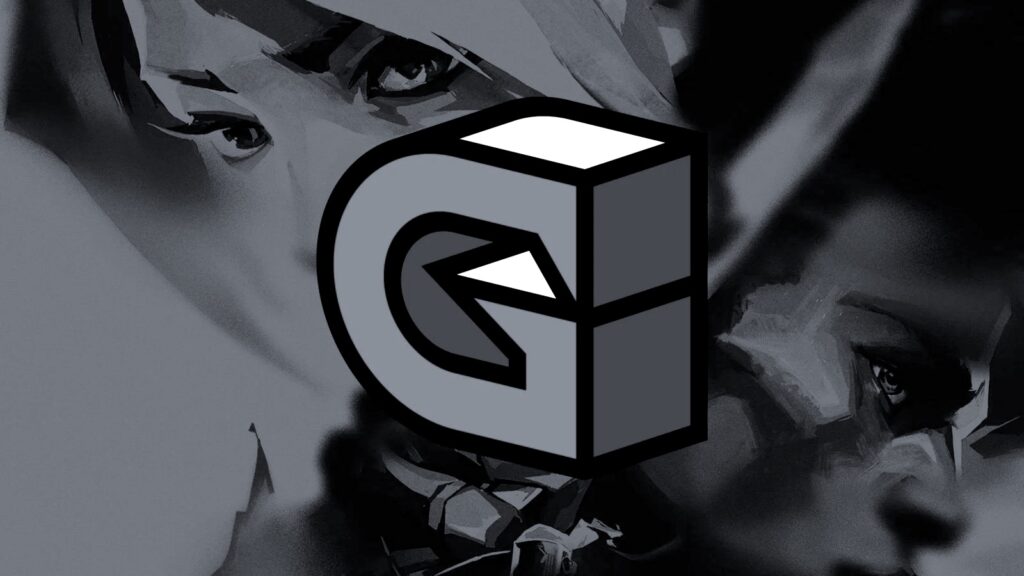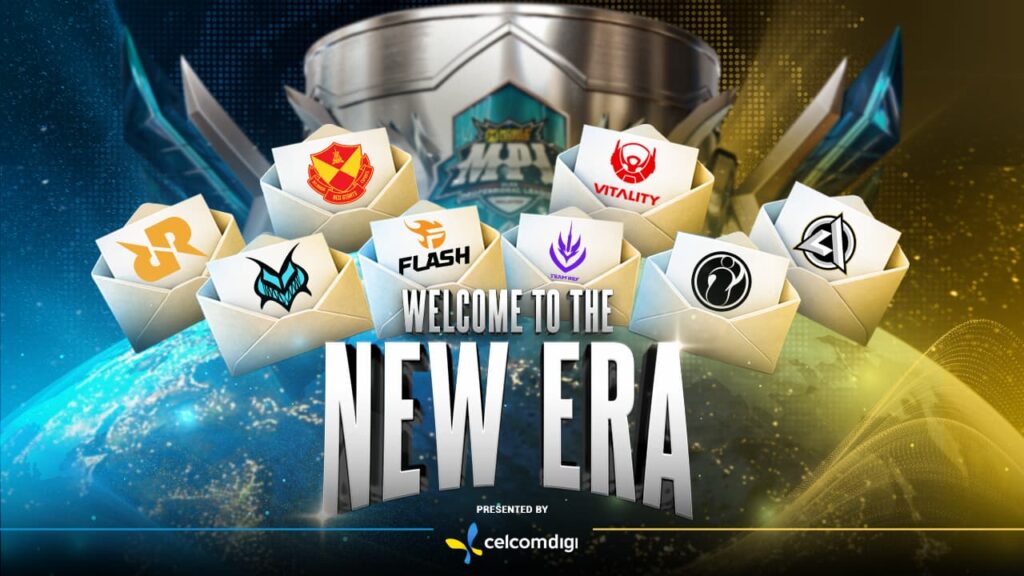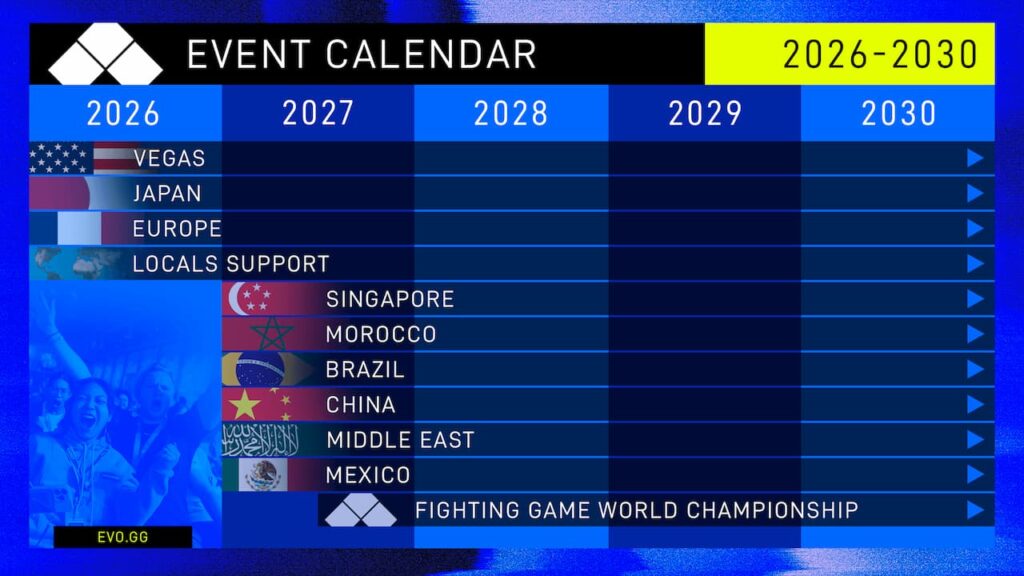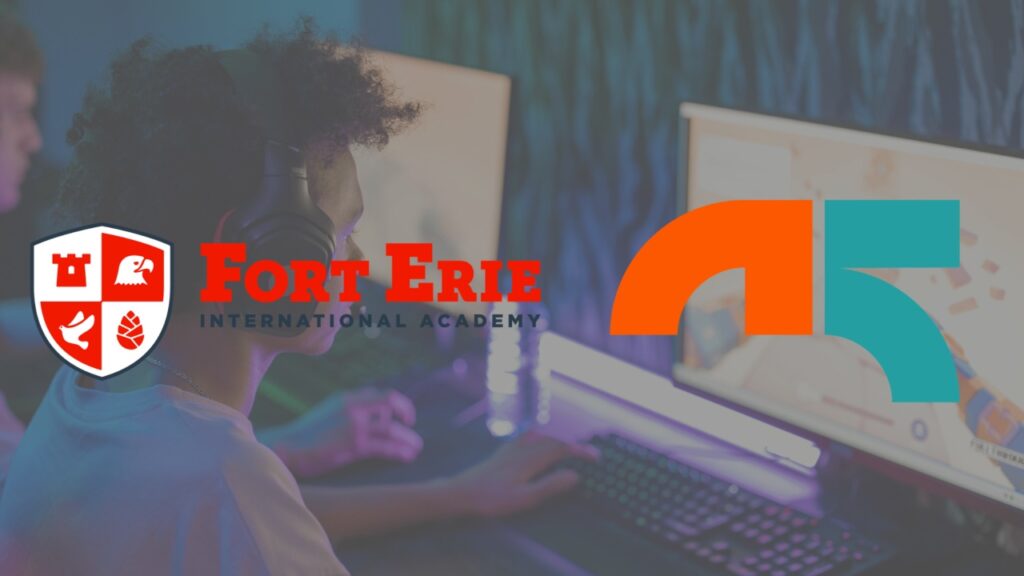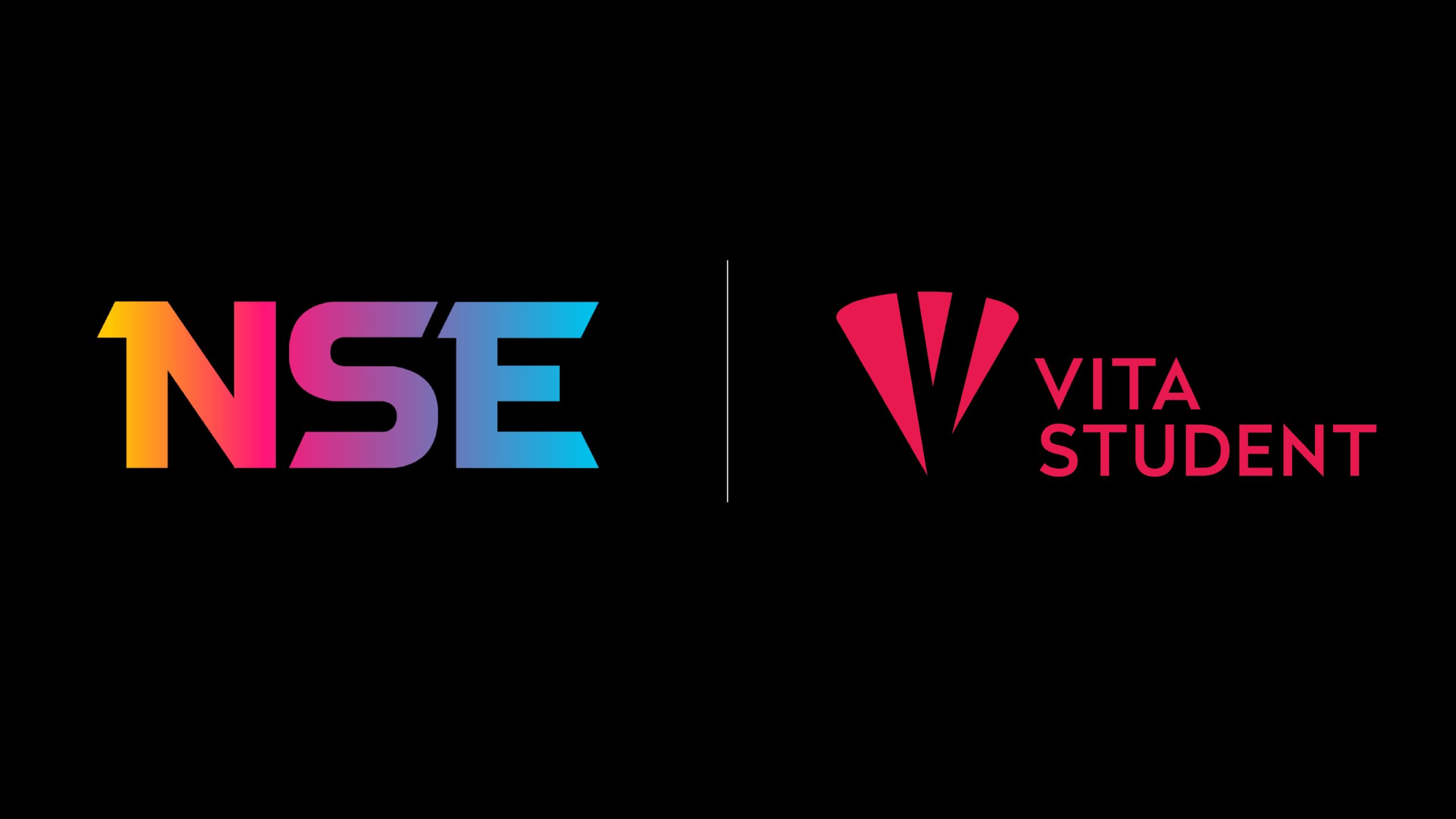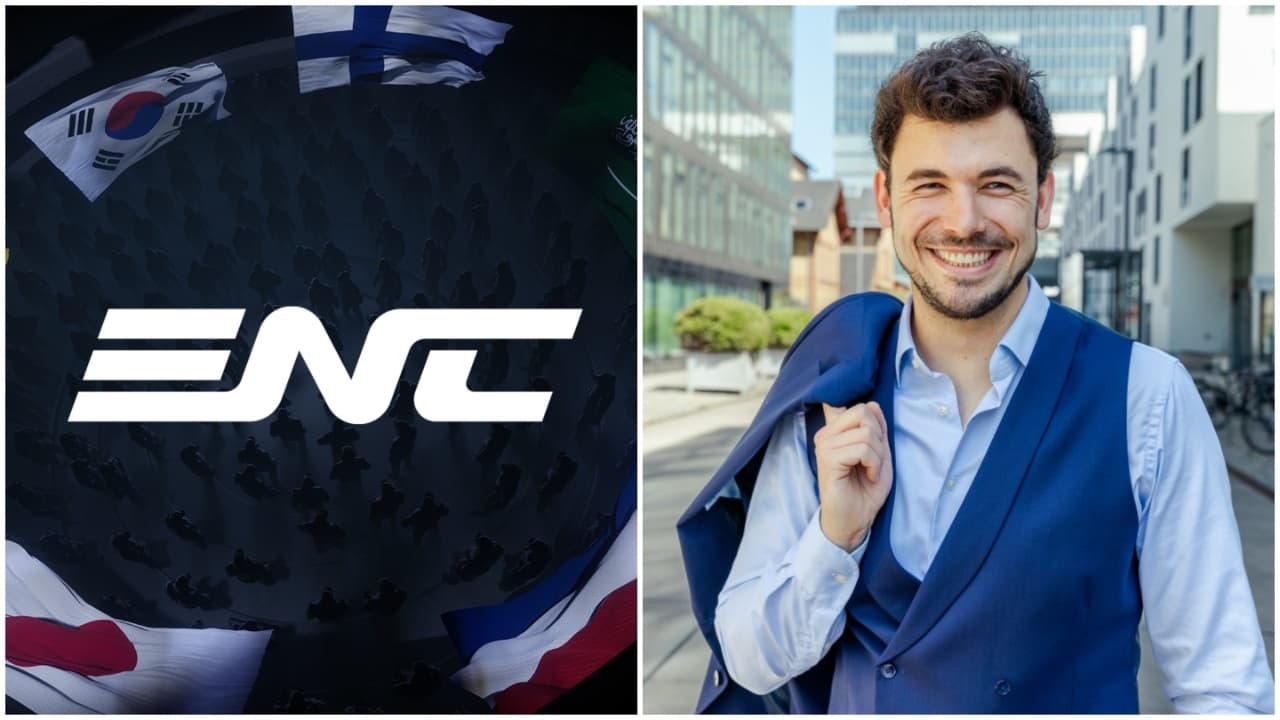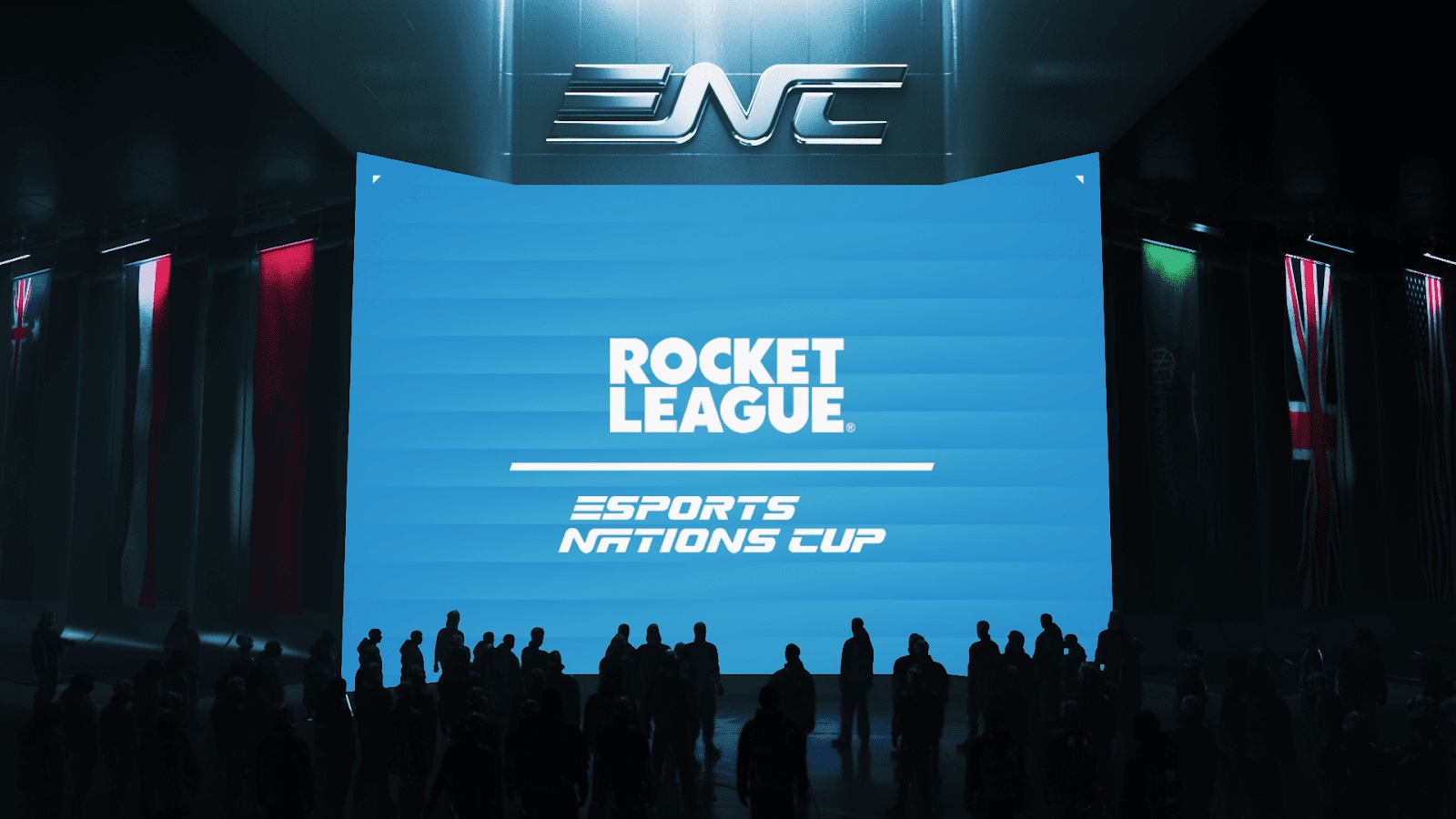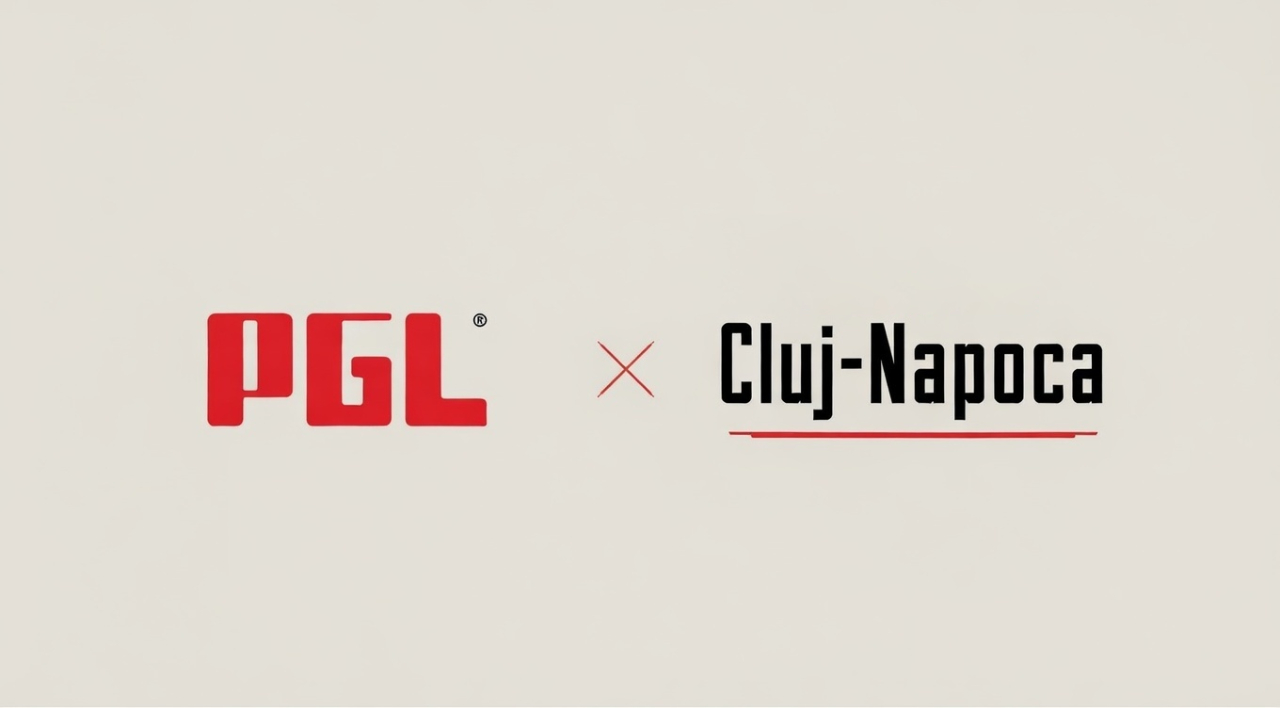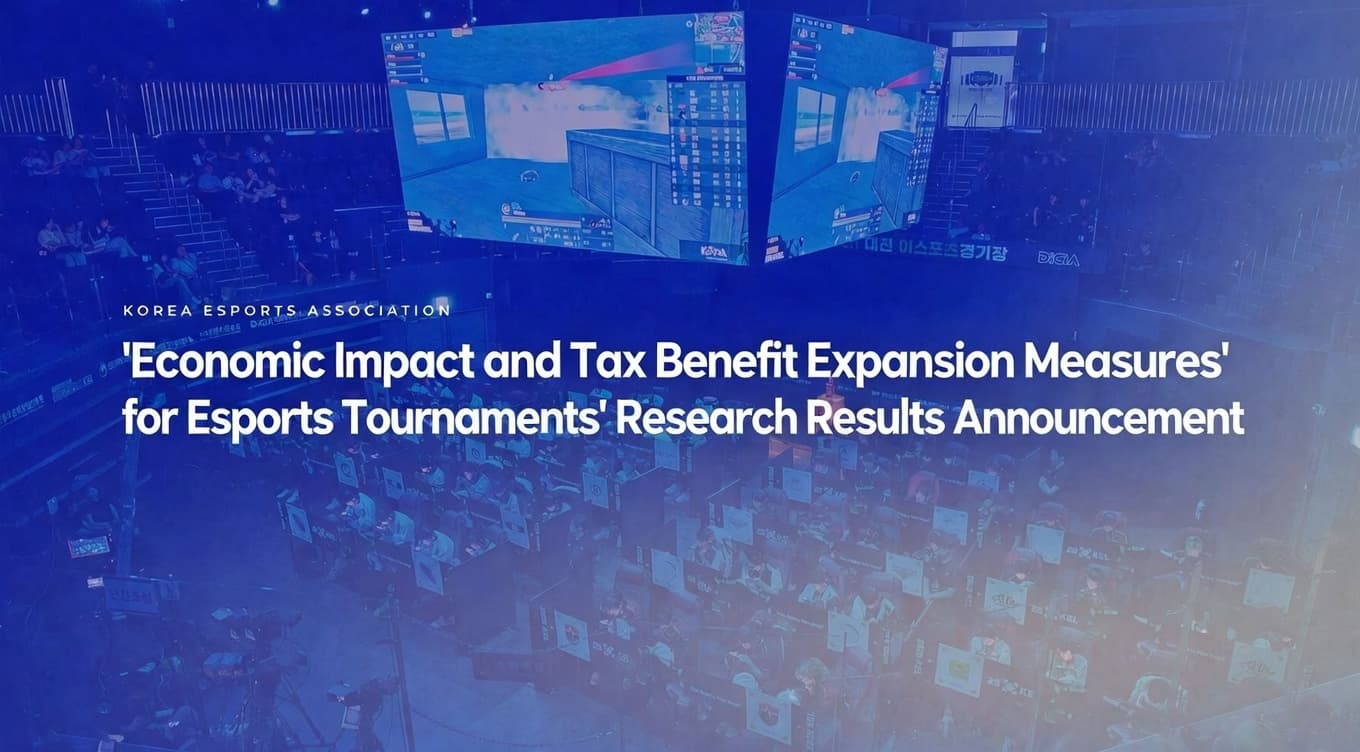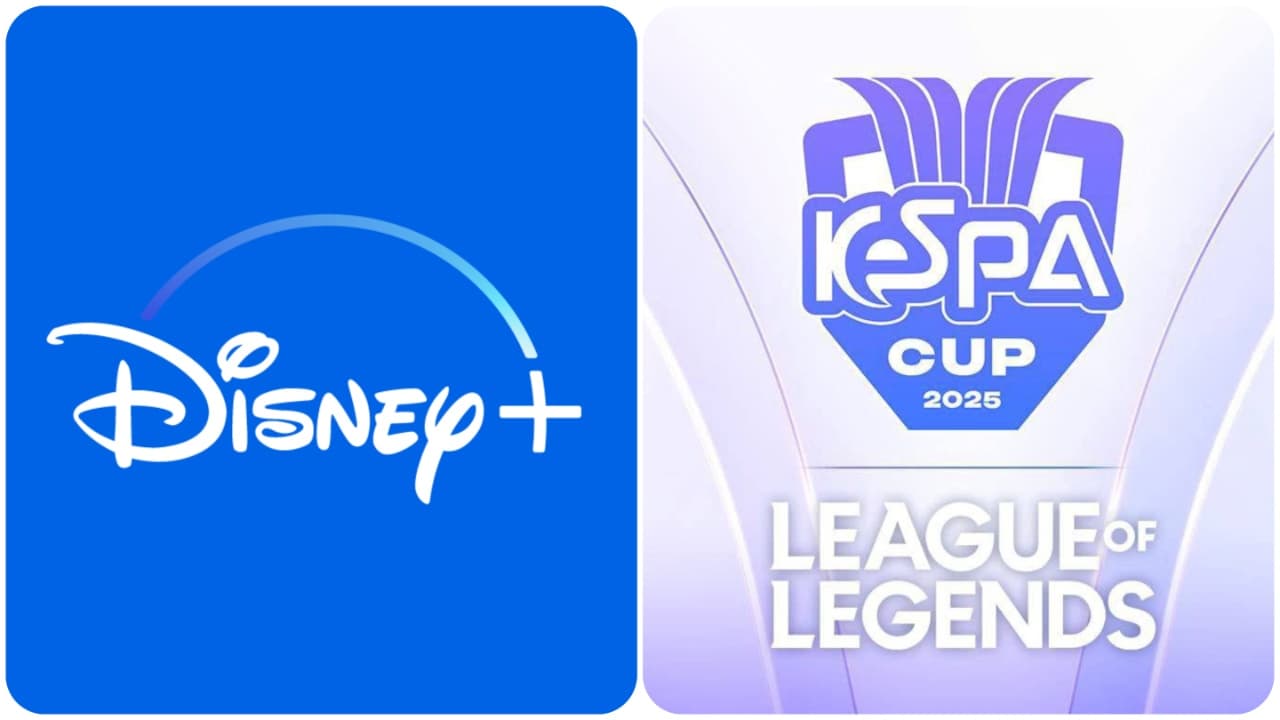Guild Esports launched in 2020 with the aim of becoming a leading and global brand in the space. The goal was unapologetically bold; to become one of “the world’s top 10 esports franchises within three years”, and develop a new approach of growth and sustainable revenue by building “a talent pipeline in the UK based on the traditional academy (football) model”.
Backed by celebrity investors including David Beckham, the organisation floated on the London Stock Exchange in 2020 with a market capitalisation of around £41 million ($54.5m) after raising £20 million ($26.6m). The listing was framed as a milestone that would help achieve the ambition of quickly becoming a British symbol of might in the esports industry.
This early excitement was not matched by business performance. Over the following years the company posted heavy losses against relatively modest revenues, while its share price fell by more than 90% from launch. Beckham’s involvement, which initially gave Guild significant credibility, was quietly reduced throughout 2022 when his five-year ambassador deal, worth at least £15.25m ($20.5m), was scaled back, though his stake of around 3% remained.
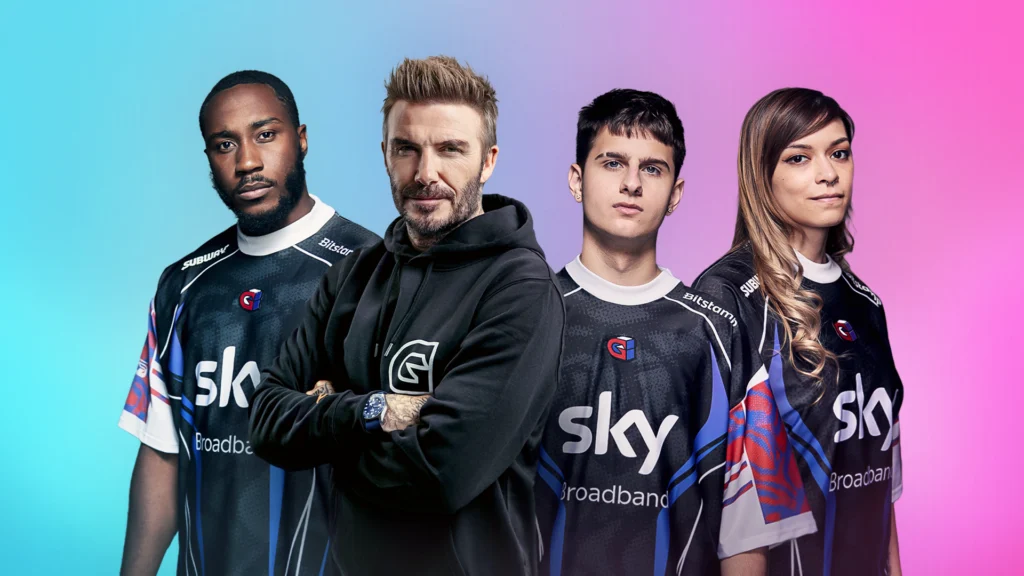
By 2024 Guild’s financial struggles had deepened. That summer its assets were acquired by US-based DCB Sports in a deal that allegedly involved only a modest cash payment alongside the assumption of millions in liabilities. A new entity, Guild Esports & Gaming Ltd, was created to operate the business. Just one year later, in August 2025, that entity entered liquidation with little more than £1,570 ($2,110) in cash and more than £2.3 million ($3.09m) in alleged unpaid debts.
Creditors left unpaid
The liquidation filings suggest that creditors include a mixture of multinational companies, agencies and freelance creators. The debts list features major companies in the global market adding to an amount of £304,965.80 (around $409,920).
Salaried staff were not immune: documents suggest around £143,000 ($192,190) in unpaid wages owed to 18 employees. One director, Harinder Sandhu, allegedly filed a claim for £13,500 ($18,140). His Majesty’s Revenue and Customs, the UK’s tax authority, is also named among creditors with alleged claims of around £466,000 ($626,290).
Freelancers and creators were also affected. A number of those who worked with Guild told The Esports Radar that they had fulfilled contracts but were never paid, in some cases leaving them personally struggling to meet tax obligations. Several noted the irony that they had been showcased by Guild in diversity and inclusion campaigns, something allegedly used to raise the organisation’s profile only for that representation to turn into unpaid work.
Others, such as creators Emzii and Frankie Ward, have spoken publicly about being left unpaid, with their posts drawing significant attention across the esports community.
Spending beyond means
Guild did achieve some commercial successes during its run, securing sponsorship deals with major brands including Subway, Sky, Samsung and Coca-Cola, and earning a place in the Esports World Cup Partner Program in 2024. These partnerships suggested credibility and real growth potential, but alleged mismanagement and weak foundations meant the momentum was never sustained. The contrast between high-profile sponsorships and mounting debts highlighted the gap between the image Guild projected and the financial reality that later emerged.
Observers point to Guild’s operational decisions as evidence of overspending. As one such example, in 2022 the company signed a 10-year lease on a large office in Shoreditch, complete with its own events and production space. The facility, the Guild HQ (and which became known as the Sky Guild Gaming Centre), was later sublet or shared with other operators such as Drive Lounge and GINX TV. Combined with ongoing losses and ambitious marketing, this apparent overspend left little room for the business to stabilise.
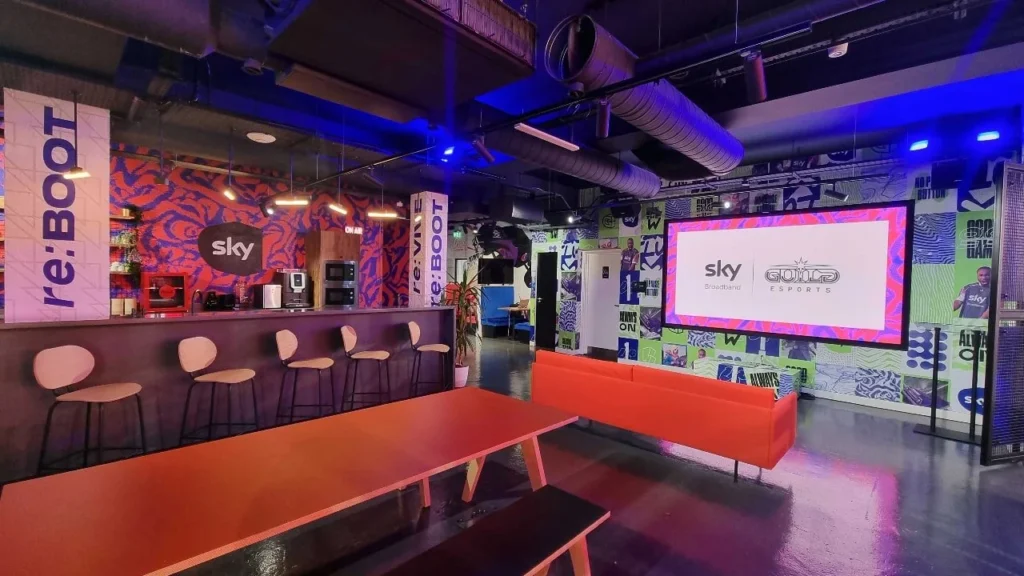
Guild’s competitive results also offered limited return. While Guild did achieve some notable success in Fortnite, the organisation generally struggled to secure consistent top level performance in most other esports titles, despite competing in FIFA (now EA FC), Counter-Strike, Rocket League, Apex Legends and a number more. Alongside the teams, from 2023 the company attempted to run an agency-style business; representing talent, building campaigns and organising events, but this seemingly did not generate enough income to offset the cost base and earlier losses.
Leadership and misrepresentation
Leadership turnover added to uncertainty. The company was initially led by its founders Carleton Curtis and Kal Hourd before Jasmine Skee took over as CEO in 2023. After the DCB acquisition, day-to-day management in the UK was handled by directors including Harinder Sandhu, while Gary Aquino LaDrido was publicly presented as Chairman and Managing Partner of DCB Sports, and Director/Chairman at Guild Esports.
Questions have since arisen about LaDrido. On LinkedIn he has claimed advisory and co-ownership roles with companies such as Global Airlines and Venezia FC, yet evidence obtained by The Esports Radar suggests these claims are inaccurate and that he has no involvement with these businesses.
The Esports Radar got in contact with Venezia FC and received the following statement: “To avoid any misrepresentation, we would like to state clearly that Venezia FC has no connection whatsoever with Mr. Gary LaDrido or DCB Sports, neither now nor in the past. Any claims suggesting otherwise are completely unfounded.”
Other affiliations listed on his profile could not be confirmed.
Questions without answers

The Esports Radar contacted DCB Sports to seek clarification on several points, including:
- Whether there are plans to ensure creators and contractors receive money owed to them;
- How DCB Sports is working with the UK liquidation process to address debts;
- How long DCB was aware of financial instability, and why creators were hired if insolvency was anticipated;
- What Gary Aquino LaDrido’s actual role in Guild was, and why inaccurate claims about other companies were made;
- What contingency measures existed for staff and creators.
No response was received at the time of publication.
While Guild Esports & Gaming Ltd is in liquidation, the listed company has not disappeared entirely. The parent entity has been renamed Defence Holdings Plc, with a declared shift in focus towards artificial intelligence and defence technology.
A case of alleged mismanagement
What began with major celebrity backing, stock market fanfare and the ambition of positioning itself as the UK’s national esports champion — in contrast to other UK-founded and based but more globally focused organisations like Fnatic — allegedly ended with reckless spending, unpaid wages, disputed leadership claims and creditors left in limbo. For those creators, staff and partners left out of pocket, the story is not one of hype or celebrity branding, but of anger, disappointment and broken promises.
Space for clarification from Gary Aquino LaDrido and DCB Sports remains open.



